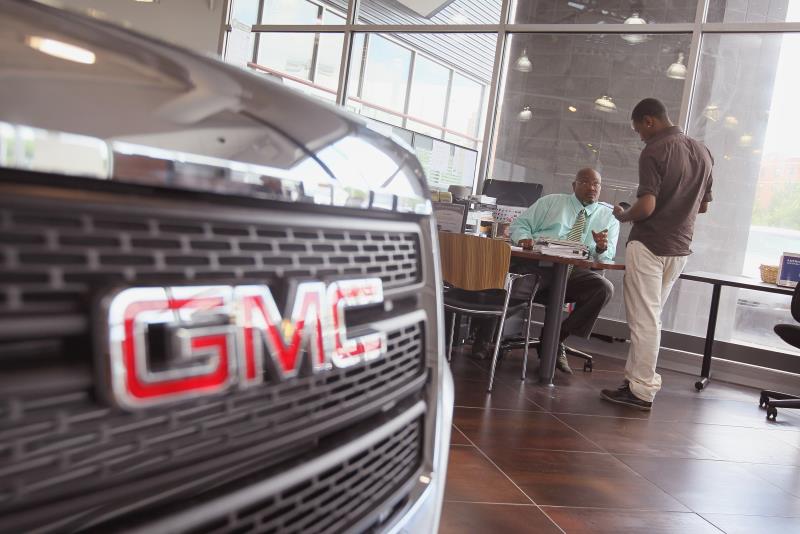
Purchasing a car can be an expensive transaction, but trading in an existing vehicle can help reduce the amount you'll have to pay for your new ride. Trading in a vehicle during the purchase process places many of the responsibilities, including loan payoff and finding a buyer, on the dealer. This can simplify the process for the buyer considerably. Buyers should exercise caution when trading in a vehicle, however, and take some basic steps to ensure the best possible trade value.
Dealers may extend a wide range of offers for the trade-in vehicle, but savvy buyers already will know how much the car is worth before arriving at the lot. Some buyers get an idea of trade-in prices by researching similar vehicles available for sale, but dealer trade-in value can be thousands of dollars lower than retail or private party sales prices. A variety of online tools can help determine an accurate trade-in value, and many dealers refer to either Kelly Blue Book or the National Association of Auto Dealers for trade-in pricing. Many shoppers also benefit from getting multiple appraisals from different dealerships during the trade process.
Because dealers and financiers consider the value of the trade as part of the down payment, shoppers who trade a car toward a vehicle that requires financing can benefit from a number of financial factors. Dealers deduct the trade value from the amount financed, so buyers can have lower loan payments or make payments over a shorter period of time. The trade-in value is especially important for buyers who cannot finance large amounts, as the trade reduces the amount of the loan and makes more vehicles accessible.
In some cases, the value of the trade exceeds the value of the car being purchased. This scenario commonly happens when a buyer trades a high-value car for a lower value vehicle, or trades multiple cars toward a single purchase. Though not all dealers will accept a trade valued at more than the price of the purchased vehicle, dealers typically deduct the purchase price and all associated expenses from the trade value, and pay out the remaining balance via bank check.
During the sales process, dealers often start with a low offer for the trade-in vehicle. In many cases, this value is in no way final, and the dealer may have several thousands of dollars of flexibility in the price finally paid. Shoppers who trade a vehicle toward the price of another vehicle they are buying at the same time have some leverage in negotiations, as some dealers will be more flexible with trade allowances to increase the chance of a successful sale. Savvy car shoppers typically wait until the end of the negotiations on the new car to discuss the trade for maximum negotiating power.
When dealers calculate tax on the purchase of a new or used vehicle, most states allow them to deduct the value of a trade from the taxable amount; state taxing authorities allow this deduction because tax has already been paid on the trade-in vehicle. Buyers should review sales tax during a transaction involving a trade carefully to ensure the calculation is accurate.